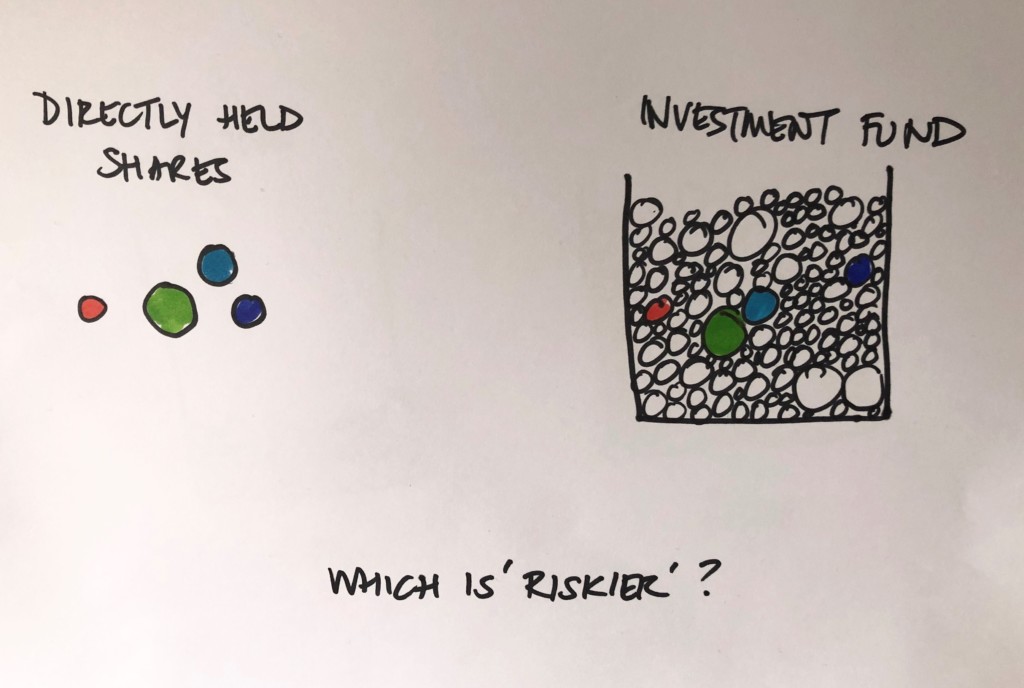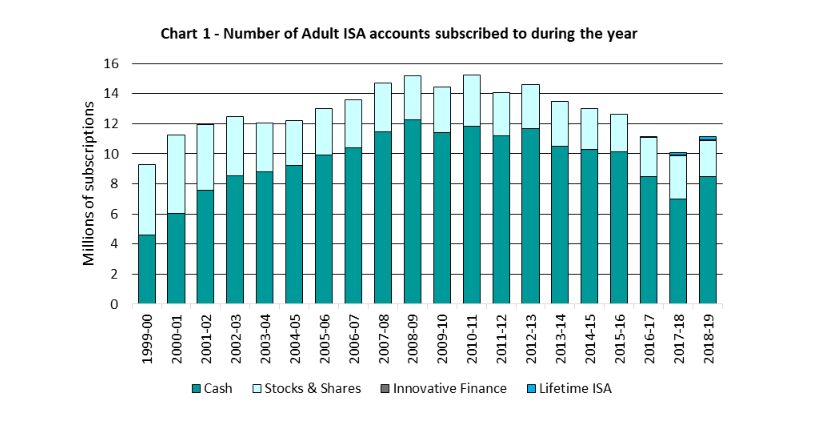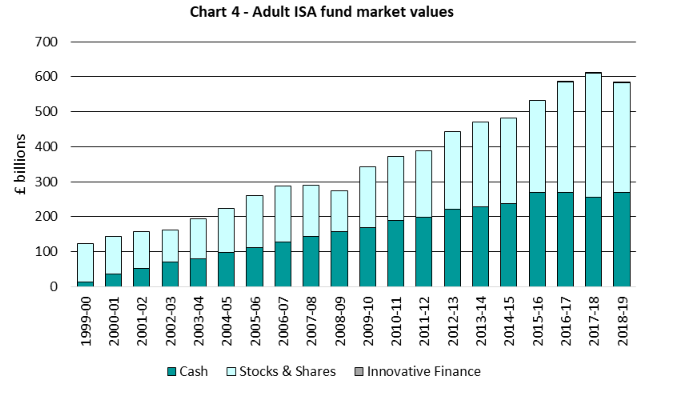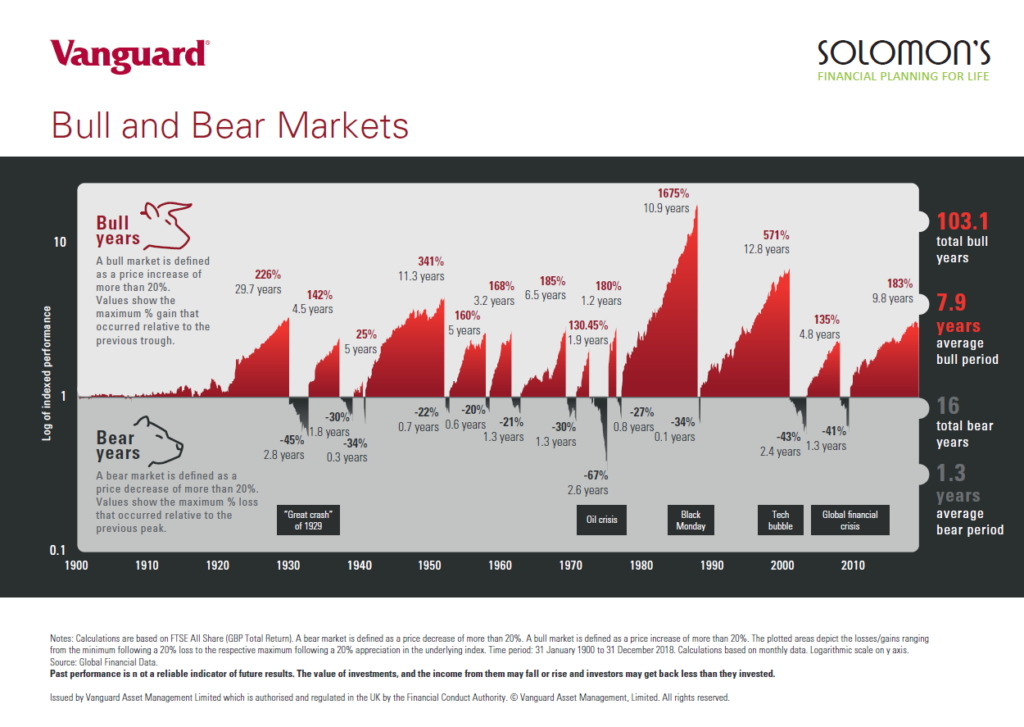WONDERVISION
TODAY’S BLOG
WONDERVISION
Its not a typo, I am well aware that the latest Marvel series is WandaVision, which far from being about superpower, is all about the very real human feelings of grief and loss. So no, today I am not talking about that.
This morning (too late?) ok, so tomorrow morning when you wake up, I’d like you to think about how many companies have been involved in your morning routine. Let’s face it, morning routines have been fairly routine for months now, so this may require very little effort as many of us are on autopilot.
RISE AND OBSERVE
To the matter at hand. I am going to assume that you are waking in your bed, with a pillow in your own room. Can you remember where you bought these from? Or who made them? How about your bedside table, lamp, clock, book (and pen?) what about your nightwear, sheets, carpet? How much “stuff” can you observe that you have bought before you have even put a foot into your slippers or directly onto the floor? A surprising number already I imagine. Where is your smartphone at this point? Do you have lots of applications running?
The image below is one that I have been using recently, but it is very flawed, there are about 100 companies shown here, there are about 1600-1800 in the global equity part of your portfolio. So that’s about 5% of the list. Note the size and position of each logo means absolutely NOTHING.
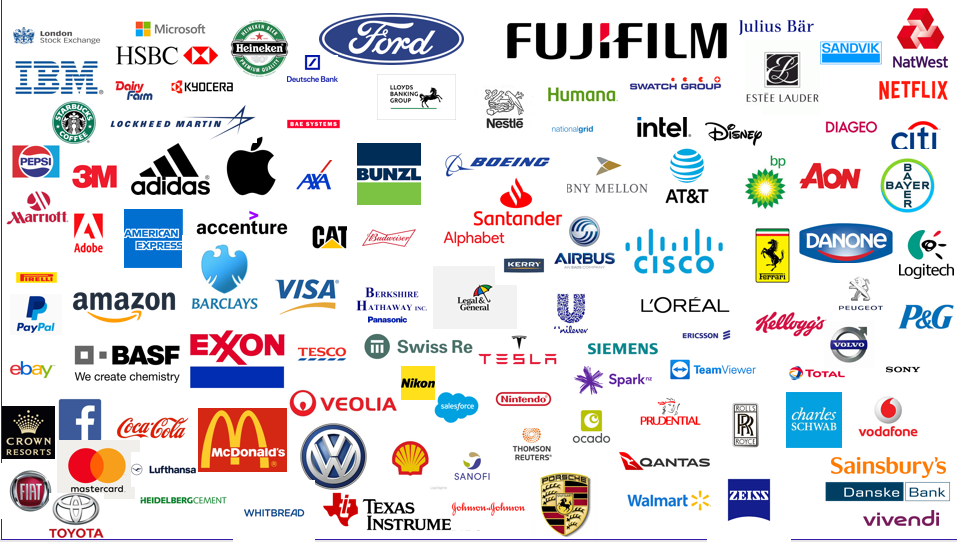
X-RAY VISION
Now for the superpower, imagine that you have x-ray vision. You can see all the components of all the objects around you, the springs and stuffing in your bed, the wires and plumbing, the bricks, plaster, cement, the metal window locks, the PVC, glass, the screws, nuts and bolts. How about all those automatic things that are also supporting this modest existence of yours? The utility company, your broadband provider, your insurance policies, water supplier, your bank accounts and so on. A vast number right? So many you probably gave up or did not attempt to count.
Most of those products and services are provided by companies found listed on the world stock markets. They are also in your portfolio, no matter how big or small it may be. They are there. This is investing. Deploying your money to back businesses that we all use, many of which we do not even realise. Even with the huge rise in technology where you will be using software on hardware that perhaps you are so familiar with it does not even register until its replaced, upgraded or fails…much like (exactly like) all the things you have just observed.
You own a part of all of this. A small part, but your money is backing those companies to improve what they do. We all know that the future will be different, and some businesses will need to adapt to the changes or fail, but new ones will emerge for things that none of us can imagine clearly (if you can, please get backing (money) to make it).
This is what your investments do.
Should you wish to see the mini-series WandaVision about Wanda and Vision, it can be found on the Disney channel, another holding in your portfolio.
Dominic Thomas
Solomons IFA
You can read more articles about Pensions, Wealth Management, Retirement, Investments, Financial Planning and Estate Planning on my blog which gets updated every week. If you would like to talk to me about your personal wealth planning and how we can make you stay wealthier for longer then please get in touch by calling 08000 736 273 or email info@solomonsifa.co.uk

GET IN TOUCH
Solomon’s Independent Financial Advisers
The Old Bakery, 2D Edna Road, Raynes Park, London, SW20 8BT
Email – info@solomonsifa.co.uk
Call – 020 8542 8084

GET IN TOUCH
Solomon’s Independent Financial Advisers
The Old Bakery, 2D Edna Road, Raynes Park, London, SW20 8BT
Email – info@solomonsifa.co.uk Call – 020 8542 8084



